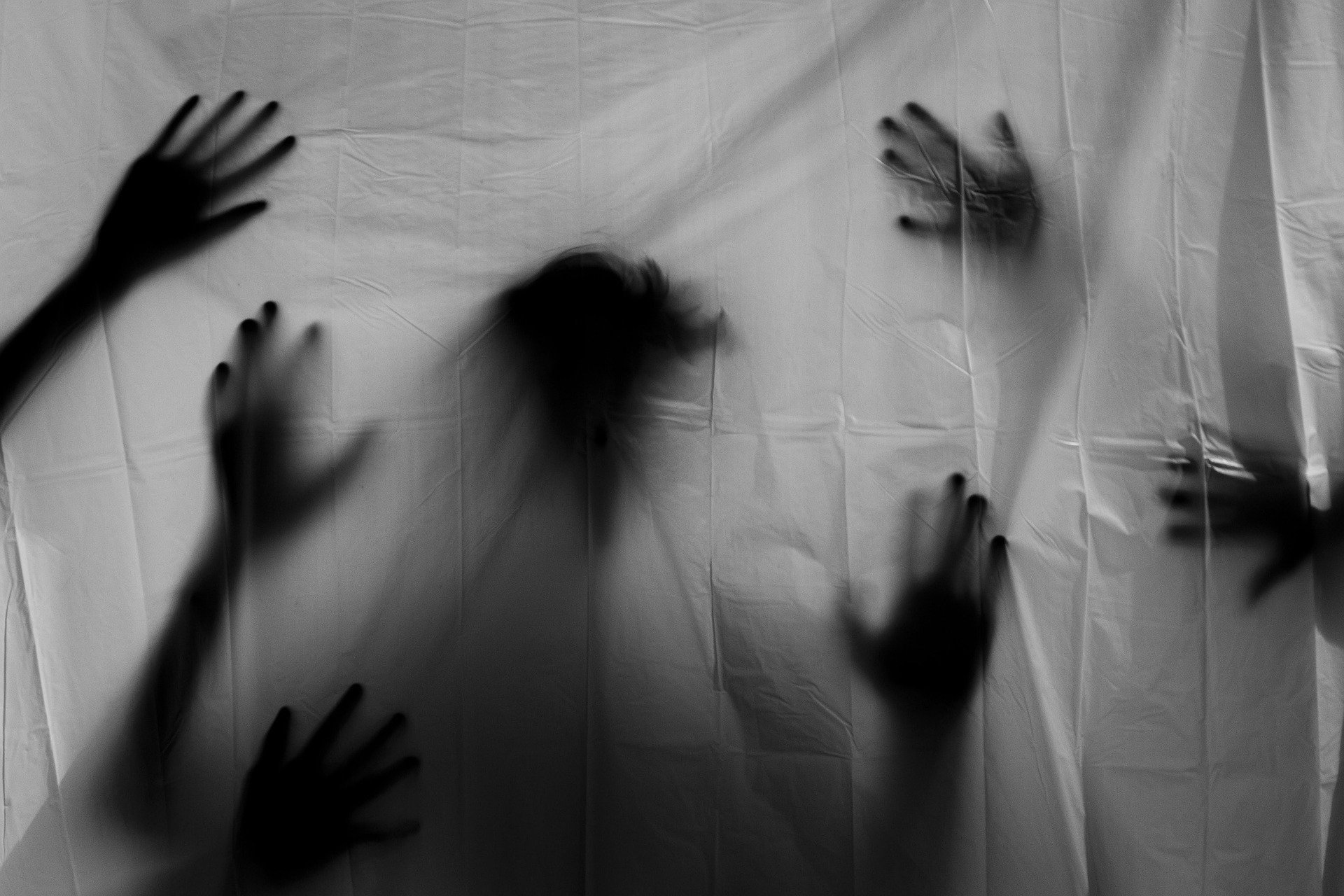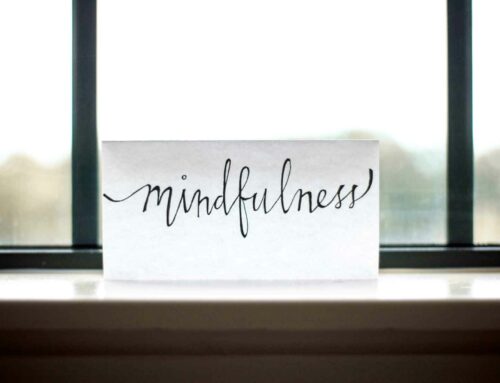It’s October. You know what that means, right?
It’s Spooky Season!!!!
Before we put on our favorite horror movie or attend our local haunted houses, let’s take a minute to reflect on the pros and cons of being absolutely terrified!
Pros:
- Adrenaline rush
- Spending time with friends
- Laughing and having fun
Cons:
- Not being able to sleep afterward
- Having a hard time separating real fear from contrived fear
- Peeing pants in front of friends
Ok, let’s say the pros outweigh the cons on this one. We are waiting in line for the scariest haunted house in town, but feeling those nervous butterflies in our stomachs. You know what can come in handy to alleviate that cons list, right?
Dialectical Behavior Therapy (DBT) Skills!
DBT skills are designed to help individuals manage their emotions and cope with challenging situations. When you’re feeling scared, it’s important to use skills that can help you regulate your emotions and reduce distress. Here are some DBT skills that can be particularly useful when you’re scared:
Mindfulness Skills:
- Observing: Pay attention to your thoughts, feelings, and physical sensations without judgment.
- Describing: Put words to your experience and describe it as objectively as possible.
- Participating: Fully engage in the present moment without getting caught up in past regrets or future worries.
Emotion Regulation Skills:
- Opposite Action: When fear leads to avoidance or withdrawal, deliberately engage in activities that are the opposite of what your fear tells you to do.
- Check the Facts: Examine the evidence for your fear. Is it based on facts or assumptions?
- Build Mastery: Do something that gives you a sense of accomplishment, even if it’s a small task. This can boost your self-esteem and reduce fear.
Distress Tolerance Skills:
- TIPP Skills: Use Temperature, Intense Exercise, and Paced Breathing to change your body chemistry and reduce intense fear in the moment.
- Self-Soothing: Engage in comforting and self-soothing activities. This might include taking a warm bath, listening to calming music, or wrapping yourself in a cozy blanket.
Wise Mind:
- Practice finding a balance between your emotional mind and your rational mind. Sometimes fear can lead to impulsive reactions, and finding a wise mind can help you make more balanced decisions.
- Imagery and Visualization: Use guided imagery or visualization exercises to calm your mind and reduce fear. Picture yourself in a safe and soothing place.
- Self-Compassion: Treat yourself with kindness and understanding, as you would treat a friend in a similar situation. Self-compassion can help reduce self-criticism and fear.
- Grounding Techniques: Use grounding exercises to stay connected to the present moment and reduce fear. This can include focusing on your breath, naming five things you can see, four things you can touch, three things you can hear, two things you can smell, and one thing you can taste.
Remember that DBT skills take practice, and it’s okay to use a combination of these skills to manage your fear depending on the situation. Additionally, if you find that your fear is significantly impacting your daily life, consider seeking support from a qualified therapist who can provide guidance and additional DBT techniques tailored to your specific needs.
Now we are ready! Enter that haunted house. Turn on that thriller. Enjoy Spooky Season to its fullest!





